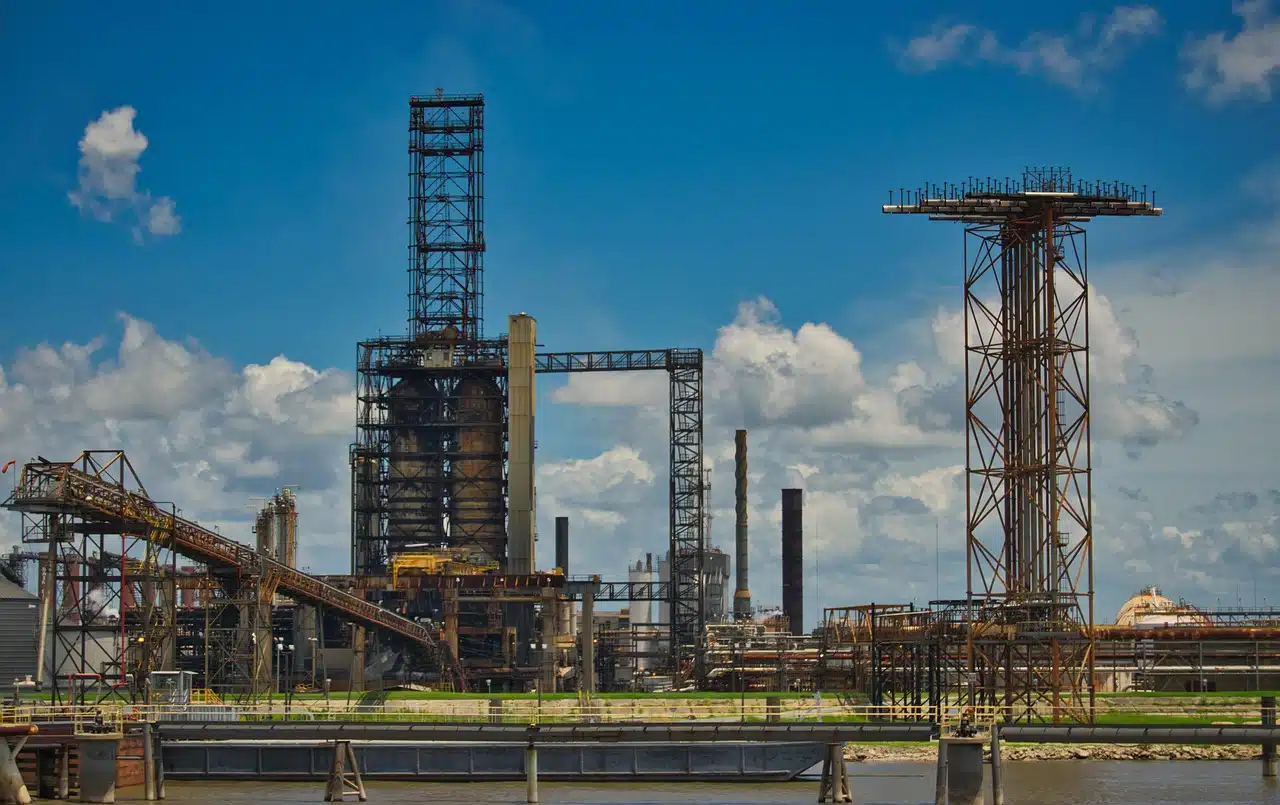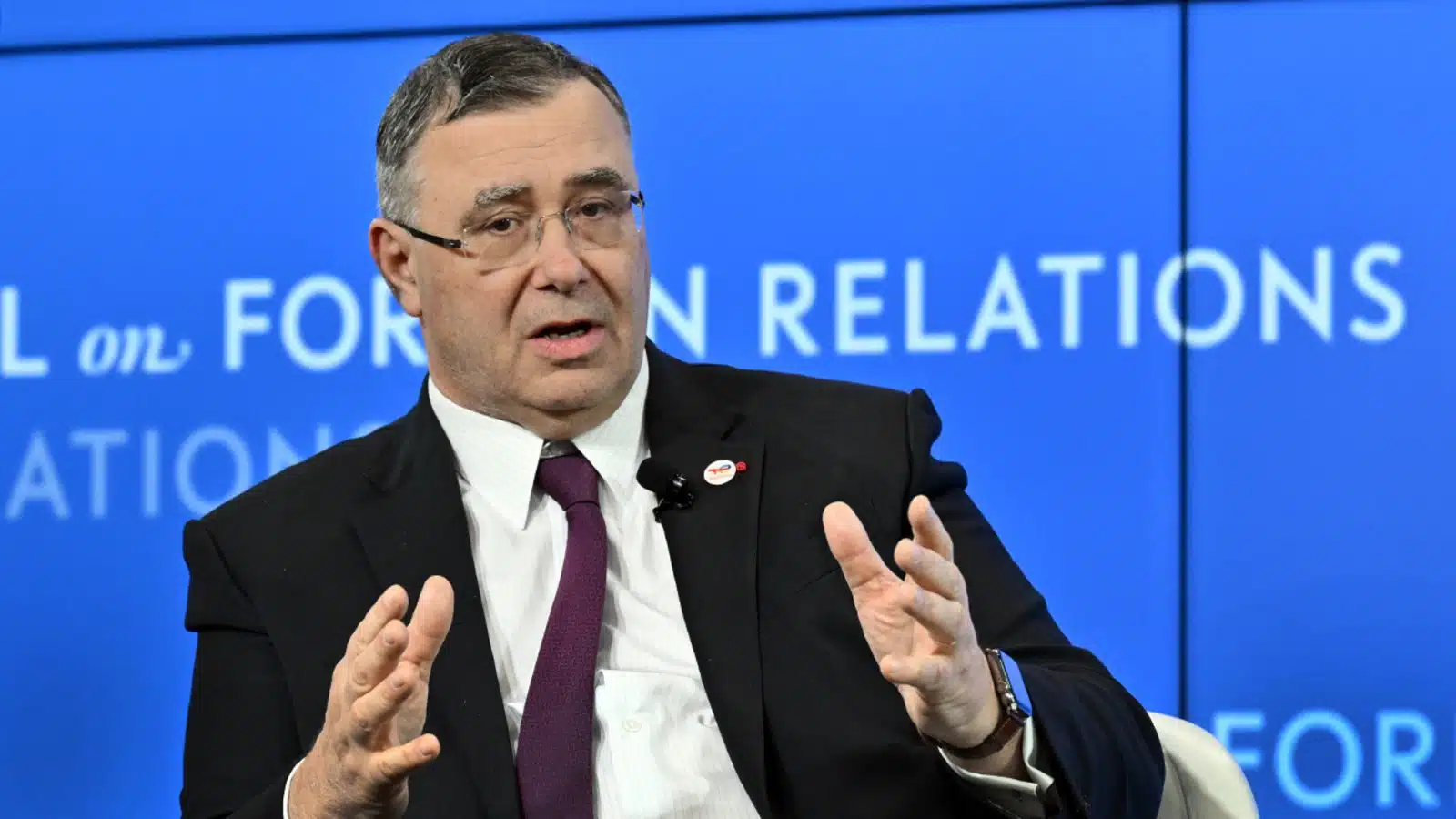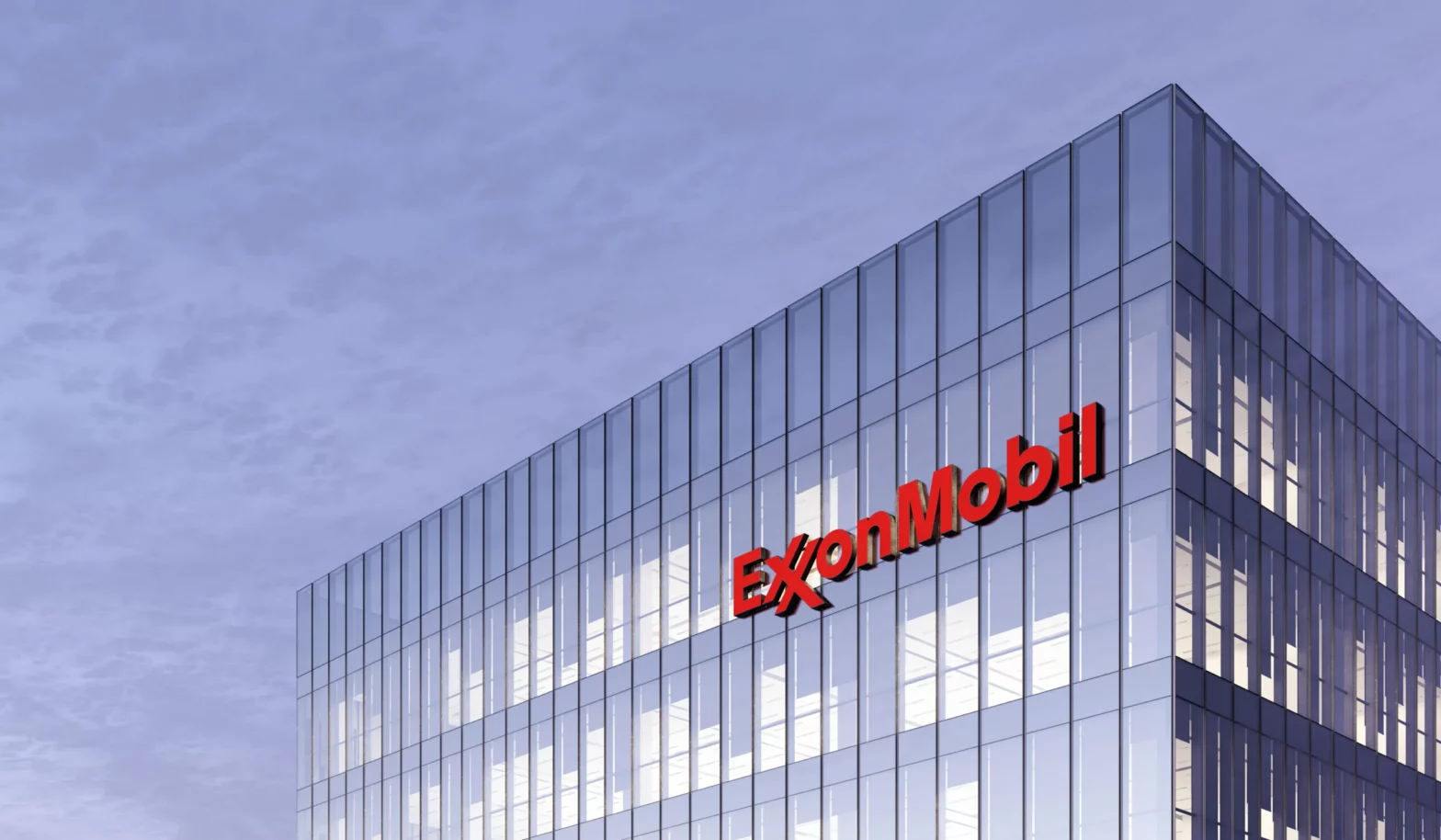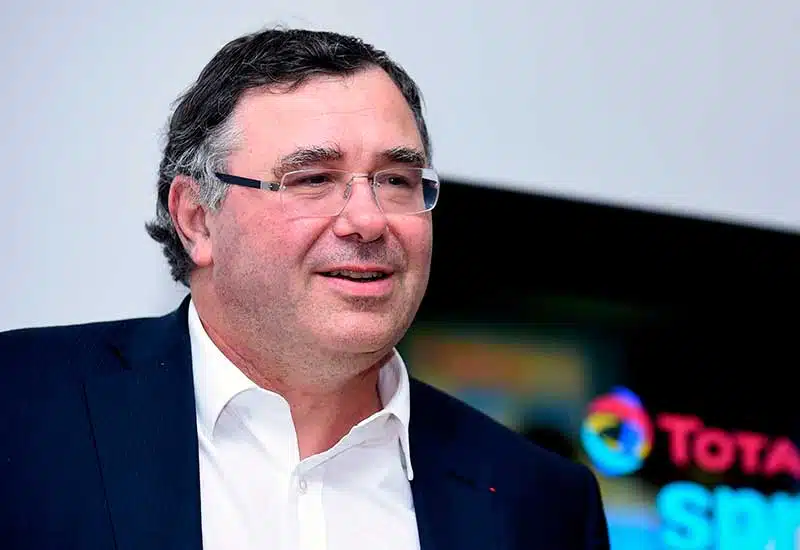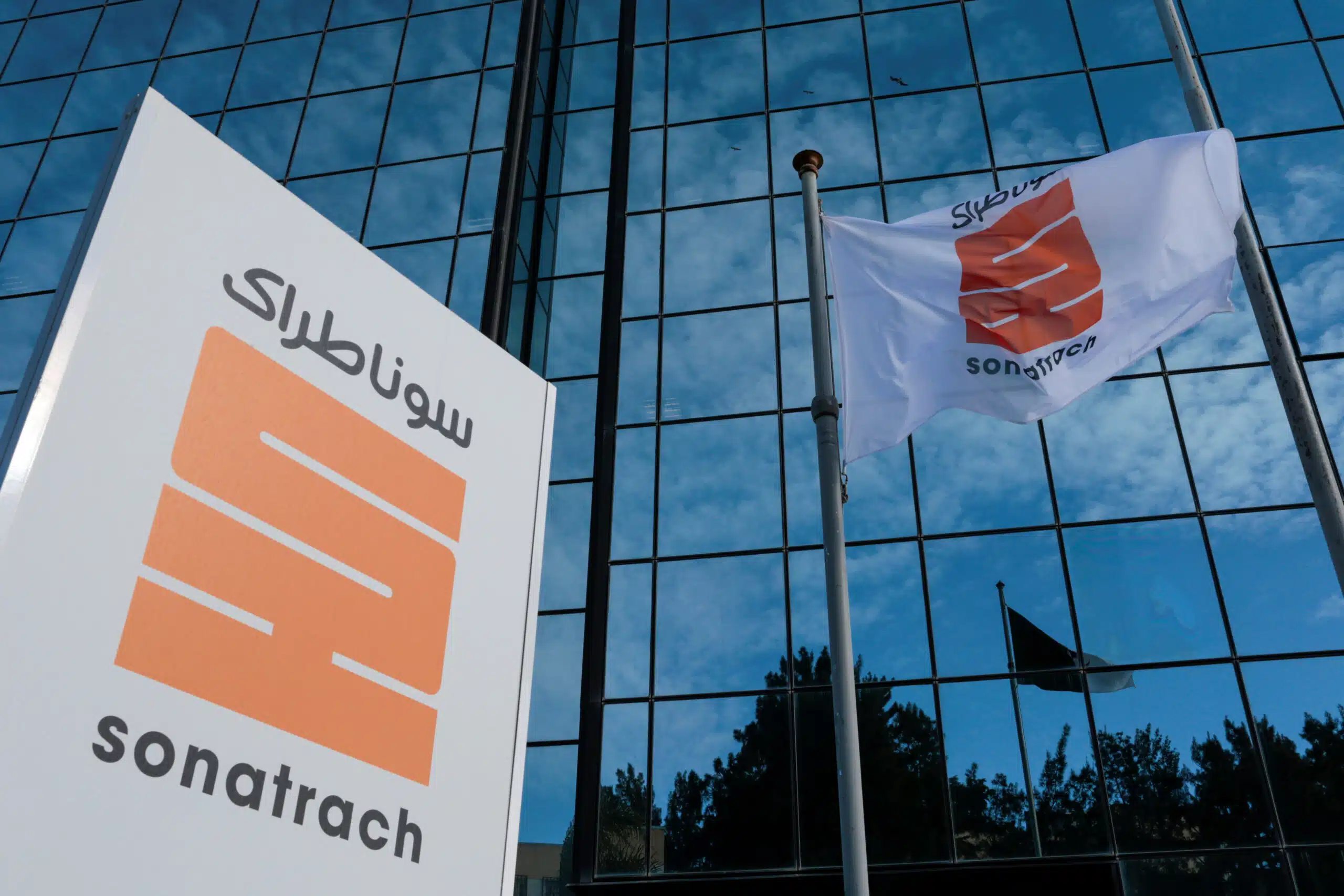Several international oil companies have exited Africa’s oil sector-—both onshore and offshore—between 2024 and 2025, reshaping the continent’s energy landscape.
Facing rising costs, evolving climate policies, and shifting corporate priorities, companies that once bet heavily on Africa’s untapped resources began scaling back or abandoning their positions.
From Nigeria’s Niger Delta to Kenya’s Turkana region and beyond, the exits only reveal a broader trend.
These oil companies are not just chasing new opportunities.
They are pivoting toward lower-carbon assets, offshore mega-developments, and more stable regulatory environments elsewhere.
These, among other factors, are pushing them to rethink where and how they operate.
However, this transition is creating huge ripple effects for local industries and governments alike.
This story explores which companies pulled out, where they left, the reasons behind their decisions, and what it means for Africa’s energy future.
Nigeria
1. ExxonMobil
ExxonMobil, one of the world’s largest oil and gas companies, agreed to sell its Nigerian onshore assets to Seplat Energy for $1.28 billion.
The divestment deal, which was first announced in 2022, was approved by the Nigerian Upstream Petroleum Regulatory Commission (NUPRC) in December 2024.
The acquired assets include 11 onshore oil blocks, 48 fields, three export terminals, and five gas processing facilities.
Seplat Energy, dual listed on the Nigerian and London Stock markets, described the transaction as transformative for the company, noting that it would more than double production and position the firm for growth and profitability.
2. Shell
In March 2025, Shell completed the sale of its onshore subsidiary, Shell Petroleum Development Company of Nigeria Limited (SPDC), to Renaissance Africa Energy Holdings for $2.4 billion.
This divestment deal marks the end of nearly a century of SPDC’s onshore operations in Nigeria, allowing the company to focus on deep-water and integrated gas projects.
SPDC is Shell’s largest subsidiary in Nigeria and was responsible for the country’s first commercial oil exports in 1958.
The iconic petroleum asset now belongs to the Renaissance Group.
Renaissance is a consortium of five companies including ND Western Ltd., Aradel Holdings Plc, Petrolin Group, First Exploration and Petroleum Development Co. and Waltersmith Group.
As a result, Renaissance now owns the entire (100%) equity holding in SPDC, with a 30% stake in the SPDC joint venture spanning several of its key assets in Nigeria.
With this sale, the British multinational and Europe’s largest oil and gas firm is set to focus on its offshore or deepwater interests in Nigeria, especially the Bonga North project.
3. Equinor
The Norwegian energy giant ended its over 30-year oil business in Nigeria after finalising the sale of its oil assets valued at $1.2 billion to Chappal Energies.
The sale of its assets was completed on December 6, 2024, as stated by the company, and ended its entire petroleum interests in Nigeria..
Equinor said the deal is consistent with its strategy to focus and optimise its international portfolio elsewhere and boosts profitability.
Following this transaction, Chappal now owns 53.85% of Oil Mining Lease (OML) 128, including a unitized 20.21% interest in the prolific Agbami oil field operated by Chevron.
The total equity production from the assets averaged 18,700 barrels of oil per day as of September 2024.
4. TotalEnergies
In July 2024, TotalEnergies completed the sale of its 10% stake in the Shell Petroleum Development Company (SPDC) joint venture to Chappal Energies.
The SPDC JV covers 18 oil mining leases and gas-producing fields across Nigeria’s Niger Delta region.
The $860 million deal aligns with TotalEnergies’ strategic shift to focus more on offshore oil and gas projects and liquefied natural gas (LNG) developments.
TotalEnergies’ CEO, Patrick Pouyanné, told Reuters that the decision to divest was driven by the company’s aim to optimize its portfolio and exit high-risk onshore operations that no longer meet its health, security, and environmental standards.
Despite the divestment, TotalEnergies is strengthening its presence in Nigeria’s gas sector.
In late 2023, the French major said it will invest up to $6 billion in Nigeria over the coming years, focusing on natural gas and clean energy projects.
Importantly, TotalEnergies retains full economic interests in its Nigerian gas assets, which are essential to meeting its 40% supply obligation to Nigeria LNG.
5. Eni
In September 2023, Italian energy giant Eni agreed to sell 100% of its stake in Nigerian Agip Oil Company Ltd. (NAOC) to Oando, one of Nigeria’s leading indigenous energy companies.
The transaction covered Eni’s interests in four onshore blocks and included 12 production stations, over 1,400 km of pipelines, three gas processing plants, the Brass River Oil Terminal, and the Kwale-Okpai power plants, with a combined nameplate capacity of 960 MW, along with associated infrastructure.
The $783 million deal was completed in August 2024 following regulatory approvals, doubling Oando’s participating interests in Oil Mining Leases (OMLs) 60, 61, 62, and 63 from 20% to 40%.
As a result, Oando’s total reserves estimate surged by 98%, rising from 505.6 million barrels of oil equivalent in 2022 to over 1 billion barrels in 2024.
However, the sale excluded Eni’s 5% stake in the Shell Petroleum Development Company (SPDC) joint venture and its interests in Nigeria LNG Ltd.
Over the past two years, some of the world’s biggest oil companies have divested from Nigeria’s onshore oil sector, in what appears to be the country’s second wave of divestment.
These include Shell, ExxonMobil, TotalEnergies, Eni, and Equinor.
They cite operational challenges and a strategic shift towards offshore and liquefied natural gas (LNG) projects as their major reasons for making the transition.
However, industry analysts suggest the operationalisation of the country’s Petroleum Industry Act (PIA) is one big undeniable factor behind the recent divestment.
Kenya
In April 2025, UK-based Tullow Oil announced the sale of its entire assets in Kenya to Gulf Energy Limited in a deal valued at least $120 million.
Although the transaction is subject to regulatory approvals, Tullow stated that the payment will be received in three installments of $40 million each, with the deal expected to close in the coming months.
Importantly, the sale will not affect Tullow’s rights to a 30% free carried interest and additional royalty payments on any future developments.
This move marks Tullow’s full exit from the East African nation as it intensifies efforts to reduce its net debt, which stood at approximately $1.5 billion by the end of 2024.
Ghana’s Jubilee operations continue to serve as a critical financial lifeline for the company.
In April 2025, London Stock Exchange data revealed that Tullow’s outstanding debt was significantly higher than its market capitalization, which hovered around $255 million.
Tullow had operated the Lokichar oilfield projects in Kenya’s northwestern region—an area that has faced longstanding challenges reaching full production due to infrastructure limitations.
The company became the sole owner of the Lokichar field in 2023 after TotalEnergies and Africa Oil Corp exited, citing strategic shifts towards high-potential exploration and production elsewhere.
The withdrawal of these global energy giants has raised serious concerns about the future viability and attractiveness of Kenya’s upstream oil sector to international investors.
Delays in project timelines and regulatory uncertainties have been key factors driving the decisions by oil majors to scale back or exit the country.
South Africa
Shell
In May 2024, British oil giant Shell announced it would divest its majority shareholding in Shell Downstream South Africa (SDSA), following a comprehensive review of its global operations.
SDSA was formed through a merger between Shell’s South African subsidiary and Thebe Investment Corporation, with Thebe holding a 28% equity stake.
The company operated Sapref, South Africa’s largest refinery, located in Durban.
Shell, which has been active in South Africa for over 100 years, said the decision aligns with its 2024 Energy Transition Strategy.
According to Shell Chairperson Sir Andrew Mackenzie, the move reflects Shell’s goal of reducing carbon emissions and focusing more on its profitable upstream businesses.
Despite exiting its downstream operations, Shell continues to explore South Africa’s deep waters for oil and gas, facing growing opposition from environmental campaigners.
Before Shell’s exit, other global energy giants like BP and TotalEnergies had already begun scaling down or withdrawing from South Africa’s petroleum sector, marking a major shift in the country’s energy landscape.
Gabon
In March 2025, Tullow Oil announced the $300 million sale of its assets in Gabon as part of its ongoing debt reduction strategy.
The company decided to exit 100% of its long-term exploration and production interests in the country, marking a significant shift in its African portfolio.
Tullow had entered the Gabonese market in 2023, particularly after a cashless asset swap with Perenco, which granted it material positions in several key fields—most notably the Tchatamba hub.
Located under the Kowe license, the Tchatamba hub comprises three fields: Tchatamba Marin, Tchatamba South, and Tchatamba West, situated approximately 30 kilometers off Gabon’s coast.
These fields are subdivided into four main producing reservoirs: Anguille, Azile, Cap Lopez, and Madiela.
Tullow’s exit from Gabon reflects its strategic focus on streamlining operations, prioritizing higher-return assets, and strengthening its balance sheet.
Strategic shift to offshore and LNG projects
Overall, this divestment reflects a broader trend among IOCs to streamline their portfolios and focus on more profitable offshore and LNG ventures.
The shift also opens opportunities for local companies to take over these assets and increase domestic participation in the oil and gas industry.
For example, in Nigeria local firms have acquired some of the sold assets, sustaining investment and creating jobs within the sector.




